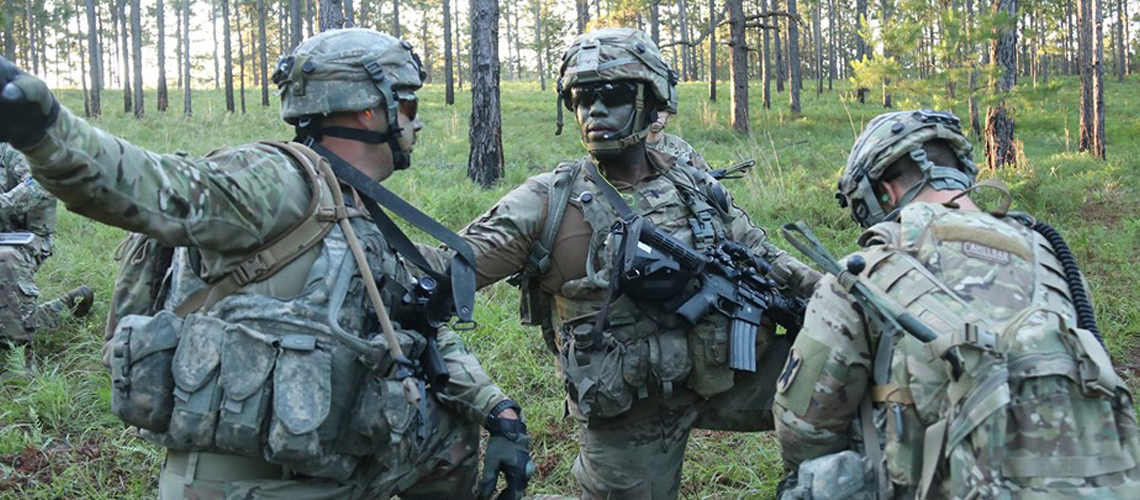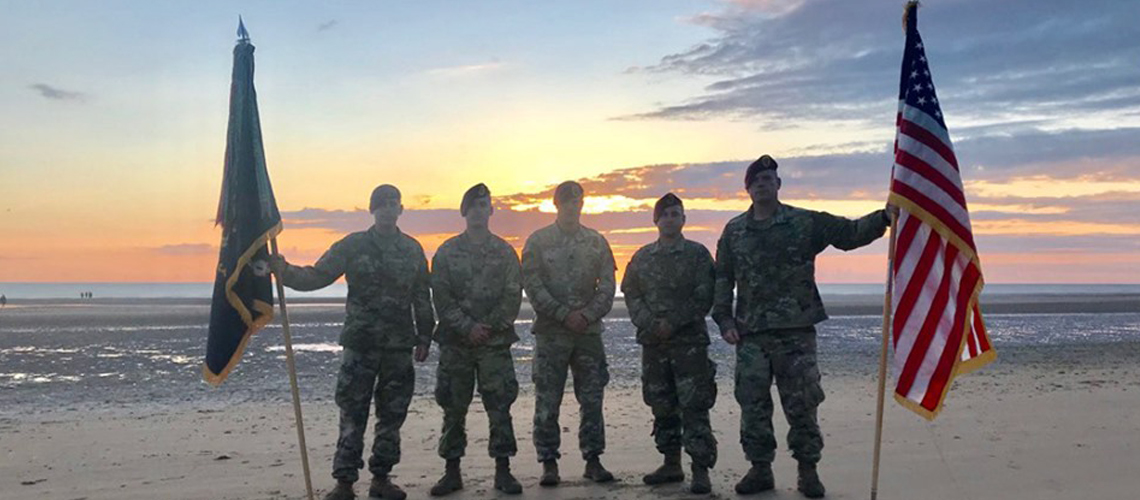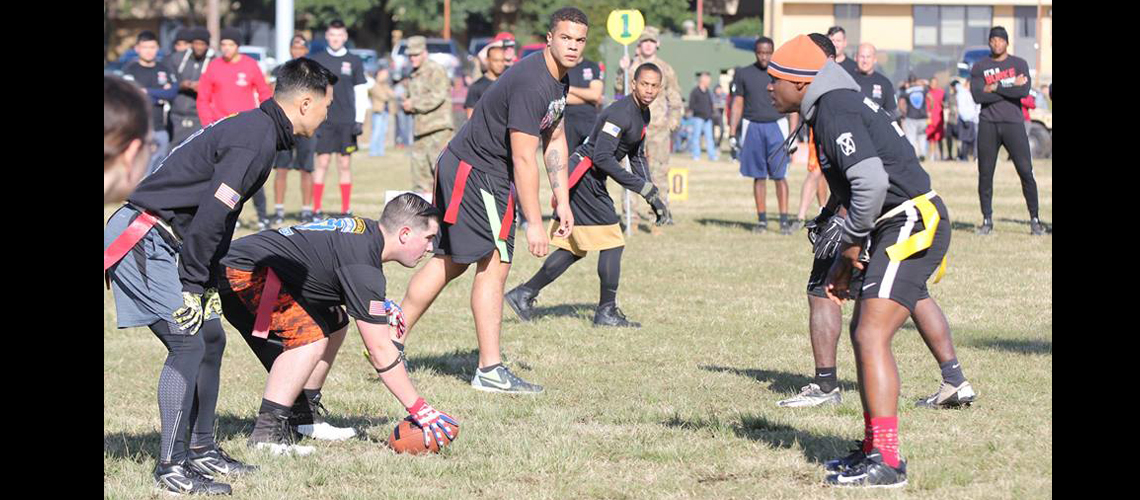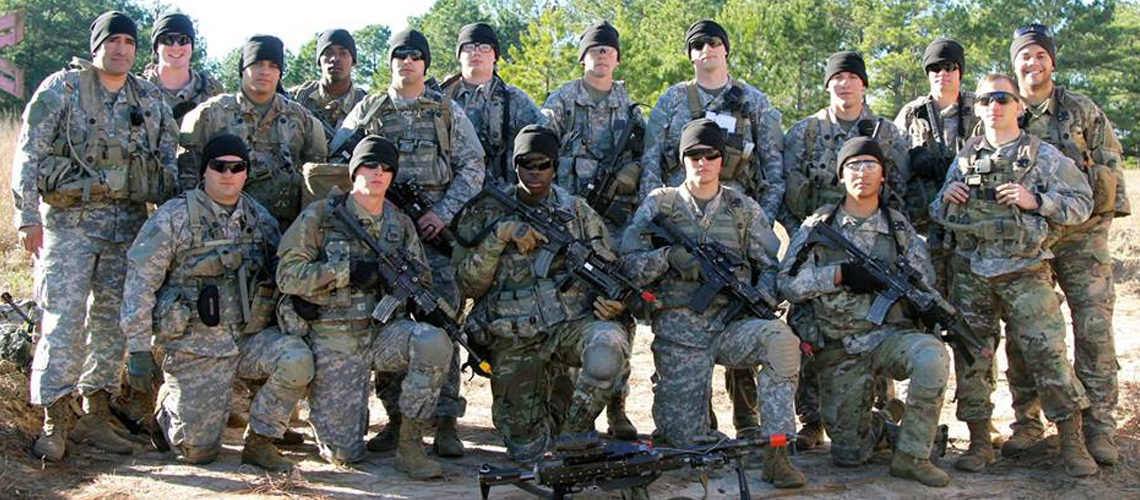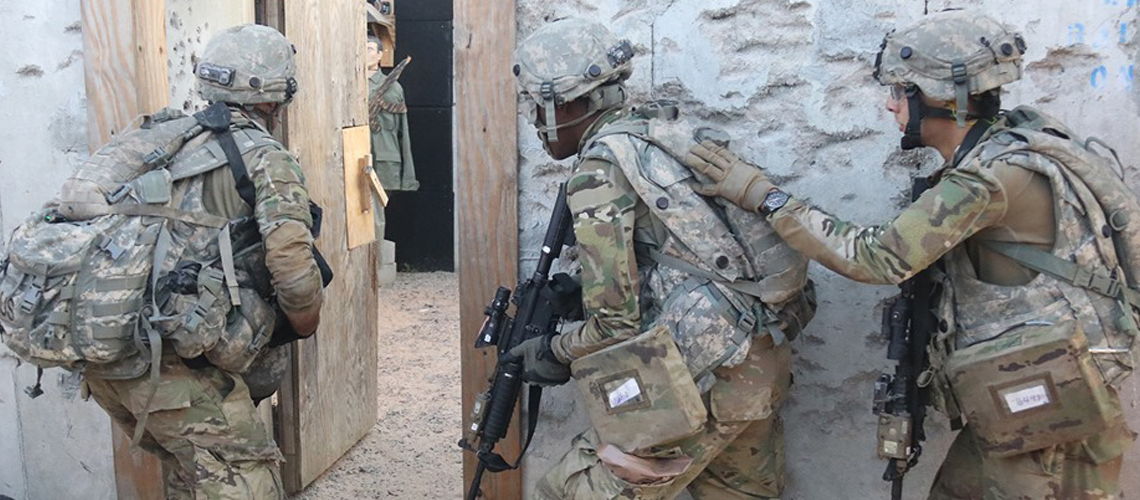JRTC and Fort Johnson Team
Allow us to extend a personal welcome to you and your Family as you join our team at the Joint Readiness Training Center (JRTC) and Fort Johnson. We take great pride in the sacrifice and service of each Soldier, Department of the Army (DA) Civilian and Family members.
Since 1941, Fort Johnson has served as a cornerstone for training troops to support and defend the Constitution, and today, we have emerged as the Army’s premier combat training center with world-class training facilities and unique training opportunities. We are proud of the large contributions that Fort Johnson makes to our great nation.
At the same time, we understand that our Soldiers and families sometimes need some extra help. That’s why this page is dedicated to resources that are available to you should you need that assistance.
In 2020, the U.S. military experienced the highest number of suicides among active-duty personnel in at least six years. Suicide is a major threat to Soldiers, civilians and Family members.
The increase in the number of reported suicides set off various alarms with the Army’s senior leadership. Since then, the Army has worked to ensure that all leaders are familiar with the resources available to at-risk Soldiers and other community members.
Guided by Army Regulation 600-63, suicide prevention training takes into account the challenges our Soldiers and families often face from financial, relationship, legal, substance abuse and medical issues. Ultimately, the goal of prevention is to develop healthy, resilient Soldiers to the point where suicide is not an option.
Defeating suicide will take active involvement from everyone. Civilian and military research on suicide has demonstrated that it is a complex phenomenon which defies easy solutions. The Army has expanded access to services and programs to help Soldiers and family members improve their ability to cope with the stresses associated with military service.
The increased use of these services indicates that Soldiers and families are using these programs. For example, the number of Soldiers that have been seen in behavioral health clinics has steadily increased over the past five years, and the total number of behavioral health clinic visits increased. These types of programs are geared toward getting the Army out "in front" of suicide, and will ultimately help lower suicide rates.
The Army has developed numerous resources to reach out and educate our Soldiers at every level about suicide prevention. You’ll find information about those programs on this web site.
Stigma toward seeking behavioral health support is a national problem which the Army takes very seriously. Numerous surveys indicate that some Soldiers are reluctant to seek help because they view it as a sign of weakness, or they believe their leaders will view it as a sign of weakness.
However, over the past several years there has been a decrease in the percentage of Soldiers that hold these views. It will take time to change this culture, but through actions and example, Army leaders are beginning that transformation.
Reinforcing the Army Profession and its values to heighten awareness and instill responsibility and accountability is everyone’s business. It’s important for each of us to cultivate an environment where we are accountable to ourselves and for each others' resilience, recognize warning signs, connect those at risk to resources and promote help-seeking behaviors as a sign of strength. Doing this not only increases individual, unit and Army resiliency and performance, but also guarantees our ability to cope with the rigors of today's military life. Each Army teammate contributes to our mission and we must foster a sustained environment of readiness to “Be There for your buddy, Be There for your family, Be There for yourself”.
David P. Hanson David W. Gardner
Command Sergeant Major, US Army Brigadier General, US Army
Commanding

Emotional
Bias, prejudice, stigma, and discrimination discourage many people from seeking help, or even from sharing the psychological distress that could lead to suicidal behaviors. In some cases, cultural or religious beliefs that oppose suicide may help protect some individuals from suicidal behaviors. In others, they may present barriers to help seeking, and can increase the distress of those who have been bereaved by suicide. Broad communication, public education, and public policy efforts are needed to promote mental health, increase understanding of mental and substance abuse disorders, and eliminate barriers to help seeking. These efforts should increase awareness that no one is immune from experiencing these difficulties. Seeking treatment should be seen not as a sign of weakness, but as a step toward recovery
Social
Social attitudes, bias, and stigma often present barriers to treatment and undermine the recovery of persons with mental or substance use disorders. Friends and family, health professionals, and others may at times be overly protective or pessimistic about what someone with a mental or substance use disorder will be able to achieve. These attitudes can undermine the person’s hope for the future and ability to recover. A better understanding of crisis, trauma, and recovery can help individuals and groups within the Army Family promote resilience and wellness among all. It is important to increase awareness that, in most cases, individuals who have a behavioral or substance use disorder can recover and regain or attain meaningful lives and service.
Physical
Clinical and community-based programs and services play a key role in promoting wellness, building resilience, and preventing suicidal behaviors among various groups. Clinical preventive services, including suicide assessment and preventive screening by primary care and other health care providers, are crucial to assessing suicide risk and connecting individuals at risk for suicide to available clinical services and other sources of care.
Spiritual
Your unit chaplain can be a good resource if you need assistance.
If you do not know how to contact your unit chaplain, you can contact the on-call chaplain at (337) 531-1725.
Many institutions, agencies, and organizations on post and in the community have a role to play in promoting health, reducing risk factors, increasing protective factors, training personnel who are in contact with individuals with suicide risk, and providing support to individuals in crisis. A few examples include: health care organizations, veterans service organizations, faith-based organizations, law enforcement institutions, schools, youth-serving organizations, and of course, the work place. Engaging these and other on-post and community groups can greatly expand the reach of suicide prevention efforts, making it possible to provide assistance and support to individuals who may be most vulnerable and/or underserved.
Family
If you are a family member who needs assistance, contact BJACH behavioral health at (337) 531-3922/3923 during normal duty hours or any of the After Duty Hours points of contact listed in the box above.
Do:
Trust your instincts that the person may be in trouble.
Communication needs to include mostly listening.
Talk with the person about your concerns.
Ask direct questions without being judgemental:
Are you thinking about killing yourself?
Have you ever tried to end your life?
Do you think you might try to kill yourself today?
Determine if the person has a specific plan to carry out the suicide:
Have you thought about ways you might kill yourself?
Do you have pills or weapons in the house?
Remember:
Don't leave the person alone.
Don't swear to secrecy.
Don't act shocked or judgmental.
Don't counsel the person yourself.







